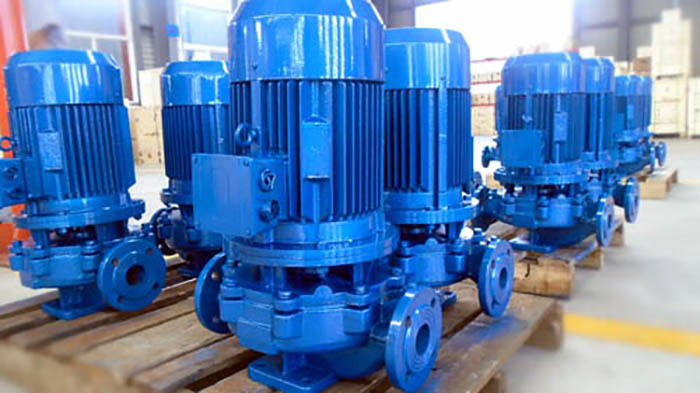Seawater centrifugal pumps are widely used in various industries that require the pumping of seawater. These pumps are specifically designed to handle the unique challenges presented by seawater, such as corrosion, high salinity, and abrasive particles. In this article, we will explore the practical application range and conditions under which seawater centrifugal pumps can be effectively used.
1. Marine Industry: Seawater centrifugal pumps play a crucial role in the marine industry, where seawater is used for various purposes such as ballasting, firefighting, cooling, and desalination. These pumps are employed on ships, offshore platforms, and marine structures to ensure a continuous supply of seawater for these applications.
2. Desalination Plants: Seawater desalination plants are becoming increasingly important in regions facing water scarcity. Centrifugal pumps are utilized to pump seawater from the source to the desalination plant. These pumps are designed to handle high salinity and can effectively transport seawater to the desalination process.
3. Aquaculture: Seawater centrifugal pumps are extensively used in the aquaculture industry for fish farming, shrimp farming, and other marine cultivation activities. These pumps provide the necessary water circulation and aeration required for the health and growth of aquatic organisms.
4. Coastal Engineering: Seawater centrifugal pumps find applications in coastal engineering projects such as beach nourishment, land reclamation, and harbor construction. These pumps are used to transport large volumes of seawater during dredging and land reclamation activities.
5. Power Generation: Seawater is used for cooling purposes in thermal power plants. Centrifugal pumps are employed to circulate seawater through the cooling system, ensuring efficient heat transfer and maintaining optimal operating conditions.
When considering the conditions under which seawater centrifugal pumps can be effectively used, the following factors should be taken into account:
1. Material Selection: Seawater centrifugal pumps are typically constructed using materials that are resistant to corrosion, such as stainless steel, duplex stainless steel, or bronze. The selection of the appropriate material depends on the salinity and temperature of the seawater.
2. Maintenance and Monitoring: Regular maintenance is essential to ensure the optimal performance of seawater centrifugal pumps. Monitoring of parameters such as vibration, temperature, and pressure can help identify potential issues and prevent any downtime.
3. Filtration and Pre-treatment: Seawater often contains abrasive particles and marine organisms that can damage the pump impellers and reduce efficiency. Proper filtration and pre-treatment systems should be in place to remove these contaminants and protect the pump.
4. Operating Conditions: Seawater centrifugal pumps should be operated within specified temperature and pressure limits. It is important to consider the ambient conditions and the specific requirements of the application to ensure safe and efficient operation.
In conclusion, seawater centrifugal pumps have a wide range of practical applications in industries such as marine, desalination, aquaculture, coastal engineering, and power generation. By considering factors such as material selection, maintenance, filtration, and operating conditions, these pumps can effectively handle the challenges posed by seawater and ensure reliable performance in various demanding environments.
